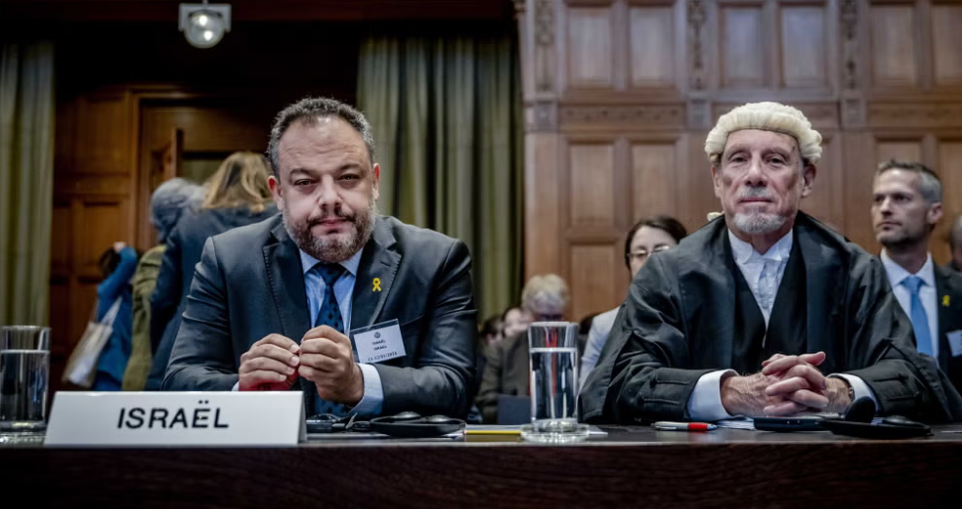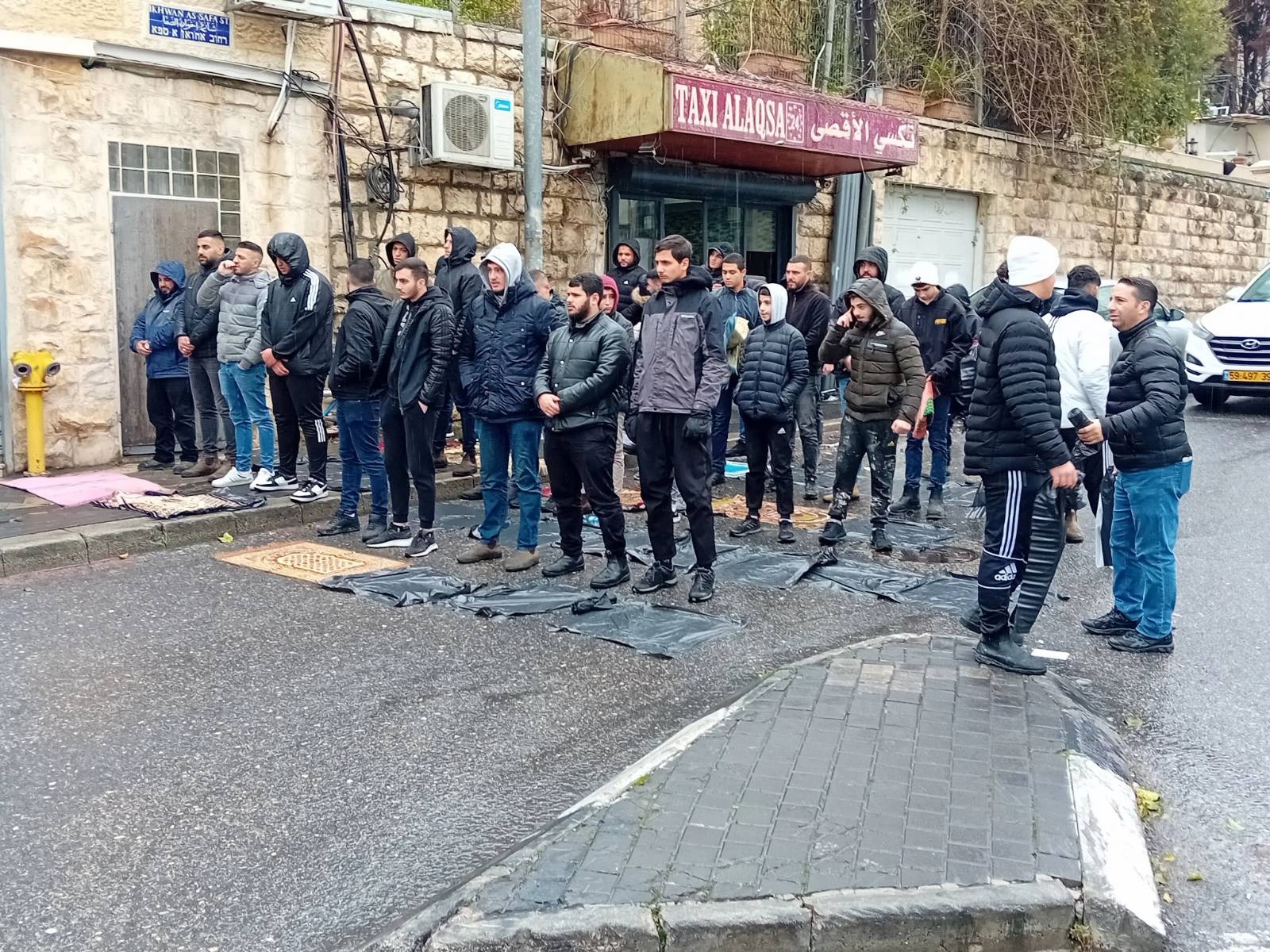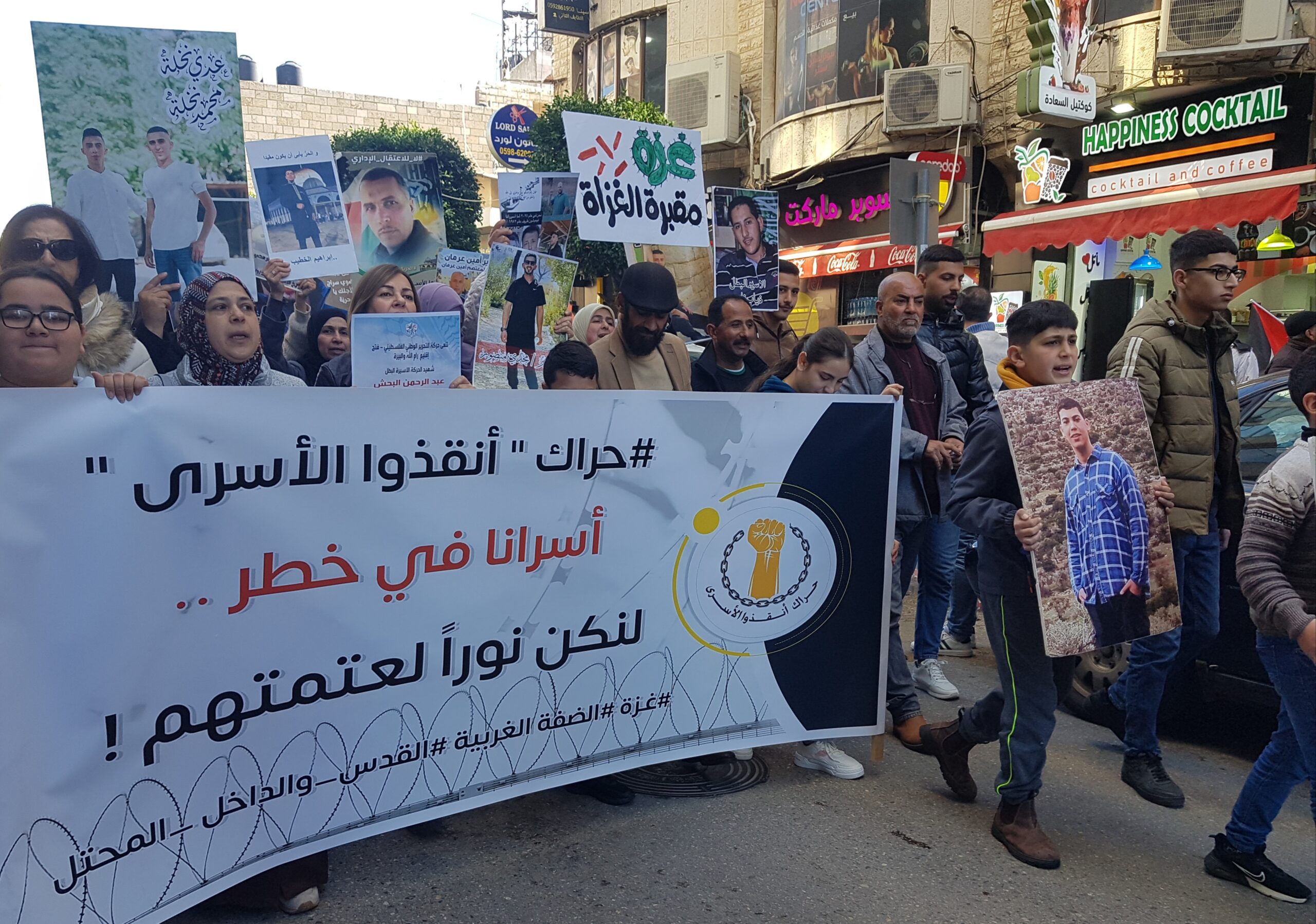Category: Reports
-
Urgent Call from Palestinian Prisoner Families
The International Solidarity Movement (ISM) has been approached by the “Movement to Save the Prisoners” with an urgent request to highlight the current crisis faced by Palestinian prisoners in Israeli jails.
-

ICJ Day 2: Dismantling Israel’s Defense on Genocide Charge
12 January 2024 | International Solidarity Movement | The Hague, Netherlands One day after a chilling presentation by South Africa’s legal team, constructing a sweeping case against Israel for genocidal intent and acts amounting to genocide of the Palestinian population in Gaza, Israel took its place before the 15 judge panel to try…
-

Muslim worshippers continue to be blocked from Al Aqsa Mosque
12 January 2024 | International Solidarity Movement | East Jerusalem Video showing the attack by the IOF on worshippers at Wadi Al Joz. Credit: ISM The arbitrary restrictions on Palestinian Muslims accessing the holy site in Jerusalem for prayers have now been in place for over four months. These restrictions continue to be imposed…

